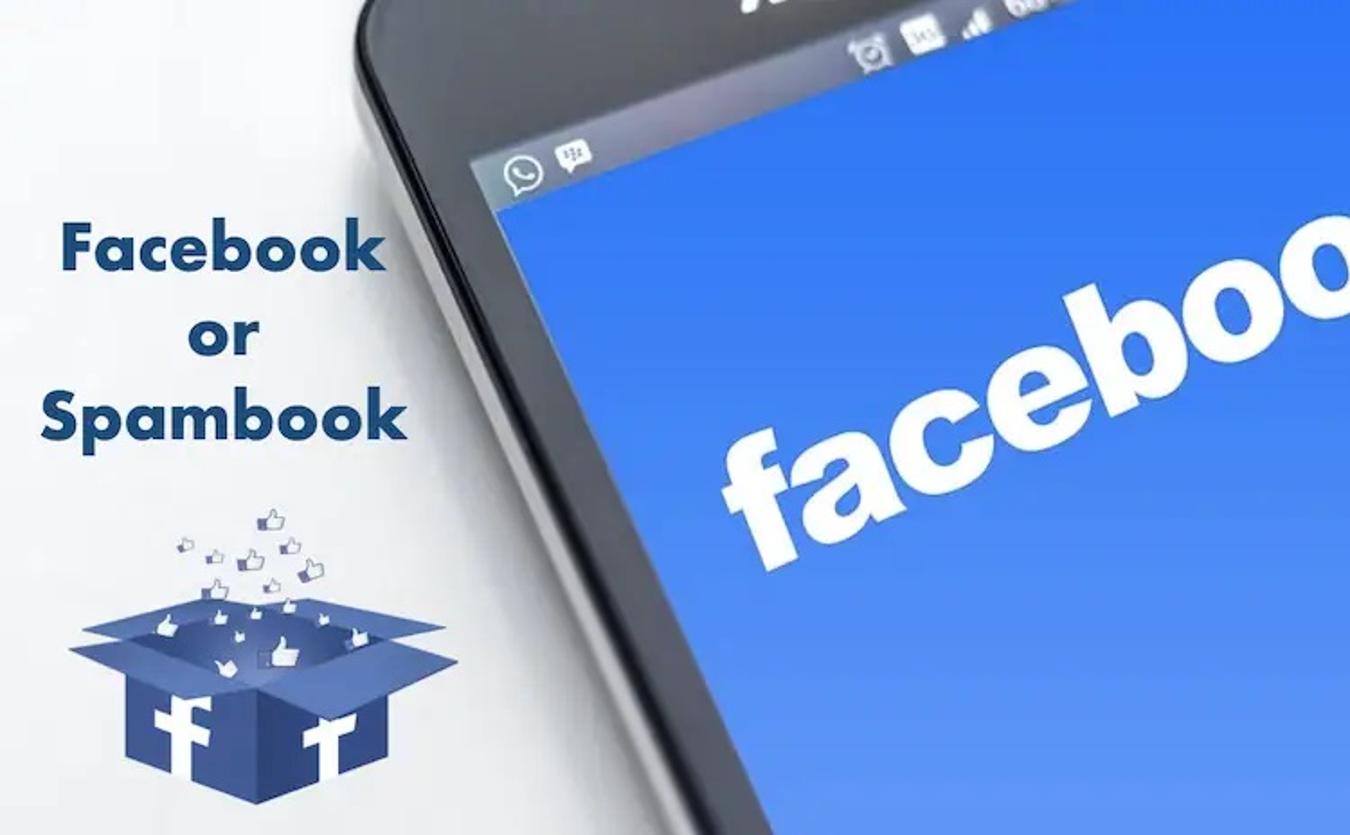In a move that epitomizes the corporate greed of Meta (formerly Facebook), the company’s decision to pay users for engagement has backfired spectacularly.
What was meant to incentivize genuine content creation has instead unleashed a flood of spam, deceit, and a black market for Facebook accounts, all orchestrated on the platform itself.
The directive came from a Baltimore-based influencer to the 75,000 members of her Facebook Group: “I need 50 people to show each other love RIGHT NOW.” The response was swift and enthusiastic. Hundreds of replies, laden with affirmations and emojis, flooded in.
“Let’s go!!” cheered one member. “You can’t grow if you aren’t putting yourself out there,” replied another. “I’m ready to support everyone,” added a third.
But this wasn’t about mutual support or community spirit; it was about cold, hard cash. Meta’s latest strategy to pay creators for engagement has turned Facebook into a breeding ground for spam and inauthentic behavior.
Creators, desperate to cash in, are resorting to any means necessary to inflate their engagement numbers.
The Baltimore creator’s group, “META MONEY MAKERS Official,” is just one of many groups identified. These groups, some with tens of thousands of members, are dedicated to gaming the system, artificially boosting creators’ reach.
Meanwhile, other groups openly trade accounts eligible for Facebook’s monetisation programs, despite Meta’s so-called ban on such activities.
This manipulation is a far cry from Facebook’s original promise: a platform where real people connect. Wall Street once lauded Facebook for its authentic engagement, which advertisers found lucrative.
Now, the platform’s activity is shrouded in doubt. Pages that seem vibrant and popular are often propped up by other creators seeking reciprocity, not genuine fans.
One Baltimore influencer gleefully summed up the new reality: “Let’s get those numbers up and make some META money
Despite Meta’s claim that it prohibits “inauthentic engagement,” and its assurances of reviewing the identified groups, the company’s actions speak louder than words.
Md Yeasin Ul Haider, owner of a longstanding Facebook group, said, “Our group has been overwhelmed by a huge influx of irrelevant posts and spam,”
“I now find myself constantly with my finger on the delete button. This surge in spam is destroying our community and significantly increasing the time required for moderation.”
Paying Creators to Stay Competitive
When Facebook hit two billion daily active users in March 2023, executive Tom Alison underscored the importance of content creators to the platform.
The solution? Pay them. This approach is now standard for social media companies. YouTube shares ad revenue with creators, and TikTok’s payment programs have been a key factor in its explosive growth.
Facebook’s efforts to compete have led to several creator payment programs over the years. The Performance Bonus program, launched as a test in 2021, incentivises creators with payments for widely seen or engaged posts, initially capped at $30,000 per month, later raised to $55,000, and eventually uncapped in February.
While participation in the program is by invitation only, it has become a prime target for manipulation. Tens of thousands of users are finding ways to artificially boost engagement, and ironically, they’re using Facebook’s own Groups feature to do it.
In the end, Meta’s pursuit of profit has compromised the integrity of its platform. By prioritising engagement metrics over authentic interaction, Facebook has morphed into a cesspool of spam and deceit, reflecting the very worst of corporate cynicism.







